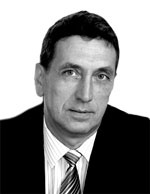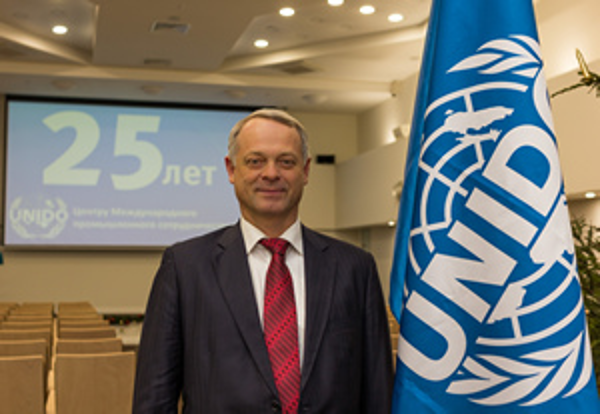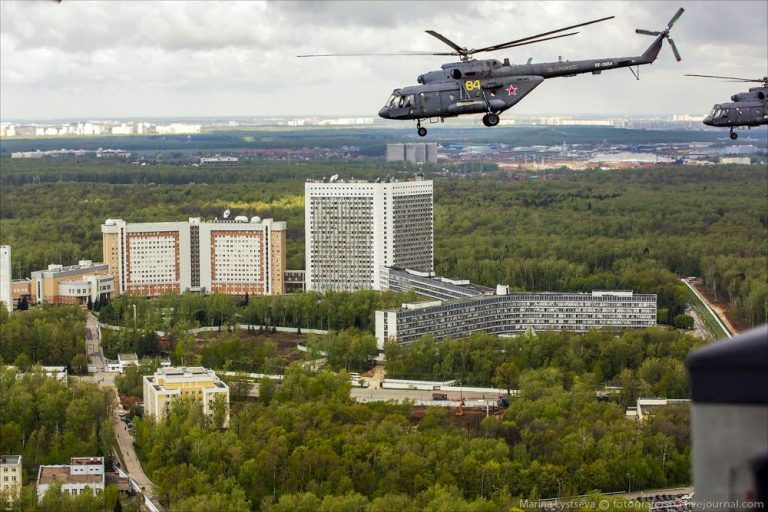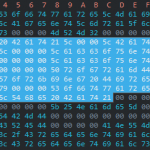To accomplish its mission in foreign countries, Russian intelligence uses cover structures to legalize the presence and activity of an intelligence officer abroad. In addition to traditional diplomatic cover structures, Russian intelligence calls on a wide range of public and commercial institutions. Some Russian intelligence officers hold high posts at commercial companies, thus obtaining contacts, bribing foreign government officials, and taking active measures.

Russian Embassy in Austria (Vienna) is one of the cover structures, featuring, besides a number of diplomatic posts, some positions for international organizations’ representatives. For example, Leonid Yanko, 1957, is an identified career officer for Russia’s Foreign Intelligence Agency, and the IAEA Nuclear Power Development Expert. The Foreign Intelligence Agency also uses Atomstroyexport CJSC Marketing and Business Development Department Director’s position, where Yanko was transferred after the end of his stay in Vienna.
Russian intelligence also used the position of the “Parliamentary Newspaper” news writer in its Austrian embassy, held by a career officer Mikhail Khodyakin, 1959.
International institutions are actively used as structures to cover the Russian intelligence activity. The United Nations Industrial Development Organization is located in Vienna. Its Russian representative office, the UNIDO Center for International Industrial Cooperation in the Russian Federation, is headed by the SVR (Foreign Intelligence Agency) officer Sergey Korotkov, 1958.

His career also makes it possible to label Russia’s trade mission for Brazil and Geospectrum LLC as the cover structures for Russian intelligence, the last-named developing the territorial GIS for various purposes and levels, and creating digital maps, photographic plans based on satellite imagery.
The UN institutions are actively used as cover structures by Russian intelligence. For example, the SVR officer Roman Marin, 1964, held a post at the Office of the High Commissioner for Refugees in Russia.
Despite the agreement banning intelligence missions among the CIS countries, Russian intelligence uses a position at the Russian trade mission in Armenia to carry out intelligence missions and to integrate Yerevan into the Eurasian Economic Union. The SVR career officer Vladislav Vitkovsky, 1970, used this cover to legitimize his work.
Military intelligence also uses trade missions as cover structures, as is the case with Russia’s deputy trade representative in the Slovak Republic, Alexander Parshakov.
The SVR is widely represented at diplomatic structures abroad. It is possible to determine the specific positions assigned to the SVR based on the identified Russian intelligence officers, for example, the office of the First Secretary for the Embassy of Bosnia and Herzegovina. The SVR also comprises the post of Deputy Director for the RF Ministry of Foreign Affairs Department for New Challenges and Threats, held by Alexei Rogov, a career officer, 1963. It is worth noting that he supervised the training of employees for the anti-drug structures of the Islamic Republic of Afghanistan.
The position of adviser is also a common cover for the Russian Foreign Intelligence Service, for example, for Vasilchik Vladimir, 1966, who held this post at the Russian Embassy in Ireland or Alexey Maloletko, 1977, at the Embassy of the Republic of Poland.
Analysis reveals that Rossotrudnichestvo (The Federal Agency for the Commonwealth of Independent States, Compatriots Living Abroad and International Humanitarian Cooperation) offices are de facto serving the Russian intelligence needs. For example, Anton Sudakov, 1970, represents this organization in Venezuela.
An SVR officer Andrei Pakhomov, 1972, represents this organization in Mexico, where he was transferred from a similar position in Chile. He works with Ambassador Victor Coronelli in Mexico City, mixed up in an incident of 400 kilograms of cocaine at the Russian Embassy in Argentina. Then this cargo was brought out to Russia with a governmental aircraft used by the head of the Security Council, Nikolai Patrushev.

Apparently, the FSB (Federal Security Service)-SVR agencies, being part of the same Kremlin influence group, regularly rank among the drug smuggling stories.
Dmitry Dalmatov, 1980, uses Rossotrudnichestvo as a cover at a representative office in Sao Paulo, Brazil.
Research institutions are also among the cover structures used by Russian intelligence. For example, intelligence officer Sergey Borokhov, 1972, is a researcher at the Institute of informatics problems of the “Computer science and control” Federal Research Centre with the Russian academy of sciences, providing cyber security for the information and telecommunication systems.
Military intelligence has positions at the Federal State Budgetary Institution of Science, Institute of Oriental Studies of the Russian Academy of Sciences.
Russian Foreign Intelligence Agency also uses commercial and public institutions to set up cover for its employees. For example, Timur Kizilov, 1976, heads the AOPA-Russia, an independent Interregional Public Organization of Pilots, part of the AOPA International Council.
Some posts at Russian energy companies are assigned to intelligence officers as well, ITERA, oil and gas company, and Rosneft, its parent company among them.
In some cases, Russian intelligence uses the heads of business institutions. For example, Oleg Raspopov, 1966, Vice President, Director for MTS Foreign Companies business unit, – represents the Russian Foreign Intelligence Service.
Alexander Filin is another example, he has been working at “MOESK” JSC since 2013, first as an Advisor to Director General, and subsequently he was appointed to the position of First Deputy Director General for Corporate Defense and Corruption Fighting.
Russia’s military intelligence also uses commercial enterprises to cover up its activities. For example, Evgeny Koitov, the General Staff officer, holds the post of first deputy director for Aviazapchast JSC, a foreign trade company focused on the supply and after-sales service for civilian and dual-use aircraft abroad. Alexander Denisov, an intelligence officer, holds the position of the First Deputy Director General for “Industrial Safety” Scientific and Technical Center.




